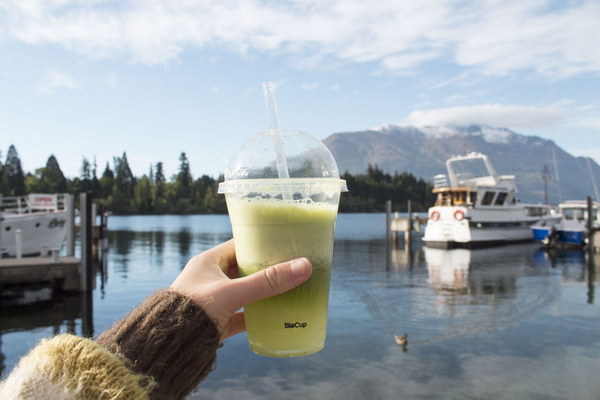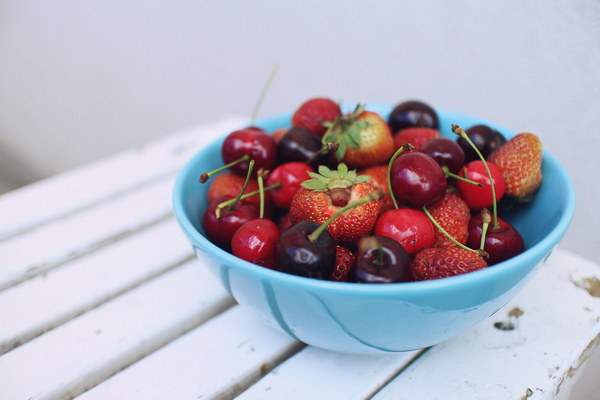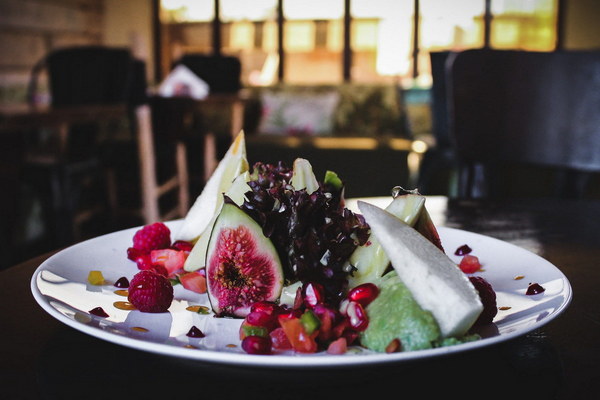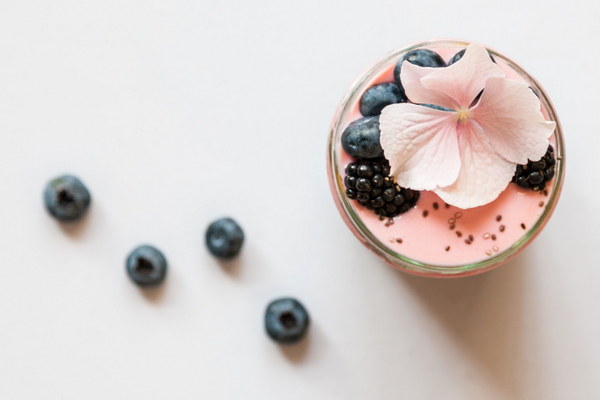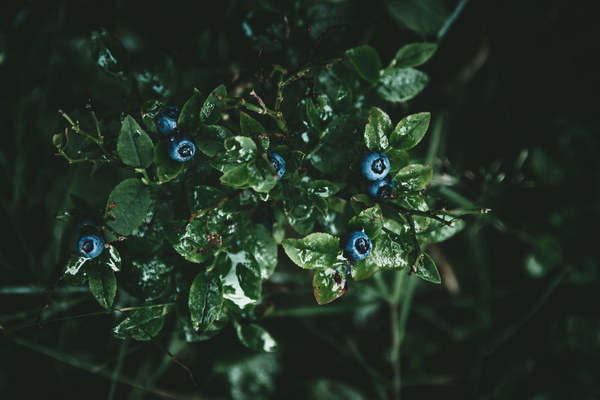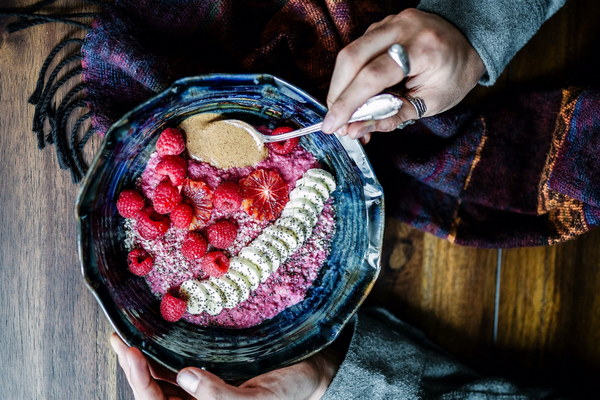Revitalizing Your Skin The Ultimate Guide to Hydrating and Anti-Aging Serums
In the relentless pursuit of youthful and radiant skin, finding the right product to combat dehydration and aging is crucial. Enter the realm of hydrating and anti-aging serums – potent skincare elixirs that promise to rejuvenate your complexion. This article will delve into the intricacies of these serums, exploring their key ingredients, benefits, and how to incorporate them into your skincare routine for optimal results.

Hydrating and anti-aging serums are designed to address two primary concerns: dehydration and the signs of aging. Dehydration occurs when the skin lacks sufficient moisture, leading to dryness, fine lines, and a lackluster appearance. Conversely, aging is a natural process that manifests as wrinkles, sagging, and a decrease in skin elasticity. By targeting these issues, these serums aim to provide a revitalized, youthful appearance.
One of the most crucial ingredients in hydrating serums is hyaluronic acid. This wonder ingredient is renowned for its ability to attract and retain water, which helps to plump up the skin and reduce the appearance of fine lines and wrinkles. Additionally, hyaluronic acid can improve skin texture and minimize pores, making it an essential component in any anti-aging serum.
Another vital ingredient in these serums is vitamin C, which is a powerful antioxidant that combats free radicals and protects the skin from environmental damage. Vitamin C also stimulates collagen production, which is essential for maintaining firm, supple skin. By incorporating vitamin C into your skincare routine, you can expect to see a reduction in the appearance of dark spots, hyperpigmentation, and uneven skin tone.
Retinoids, such as retinol, are another key ingredient in anti-aging serums. These derivatives of vitamin A work by promoting cell turnover, which helps to minimize the appearance of wrinkles and improve skin texture. Retinoids can also increase skin thickness and reduce the appearance of pores. However, it's important to use retinoids with caution, as they can cause irritation and photosensitivity. Always start with a lower concentration and gradually increase the frequency of use.
To maximize the effectiveness of your hydrating and anti-aging serum, it's essential to follow a proper skincare routine. Begin by cleansing your face with a gentle, pH-balanced cleanser to remove impurities and prepare your skin for product absorption. Next, apply a toner to balance your skin's pH levels and tighten pores. Now, it's time to apply your serum.
Gently pat a small amount of serum onto your face and neck, using your fingertips to warm the product and enhance absorption. Allow the serum to penetrate the skin for a few minutes before moving on to your moisturizer. If you're using a retinoid, it's best to apply it in the evening, as it can cause irritation and photosensitivity during the day. Always use a broad-spectrum sunscreen with an SPF of at least 30 when using products containing retinoids during the day.
To further enhance the benefits of your hydrating and anti-aging serum, consider incorporating other skincare products into your routine. Look for products containing antioxidants, such as green tea extract or niacinamide, to protect your skin from environmental stressors. Additionally, incorporating exfoliating acids, such as glycolic acid or lactic acid, can help to remove dead skin cells and improve the appearance of your skin.
In conclusion, hydrating and anti-aging serums are a vital component of any skincare routine, providing targeted solutions for dehydration and the signs of aging. By understanding the key ingredients and incorporating these serums into a well-rounded skincare regimen, you can achieve a more youthful, radiant complexion. Remember to consult with a dermatologist or skincare professional to determine the best products for your skin type and concerns. With the right tools and knowledge, you can unlock the secrets to timeless beauty.
